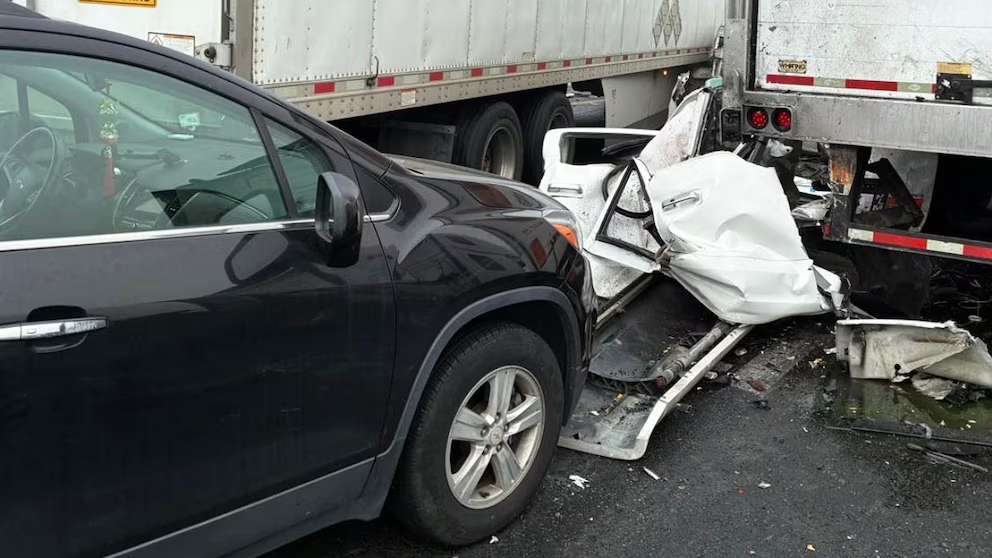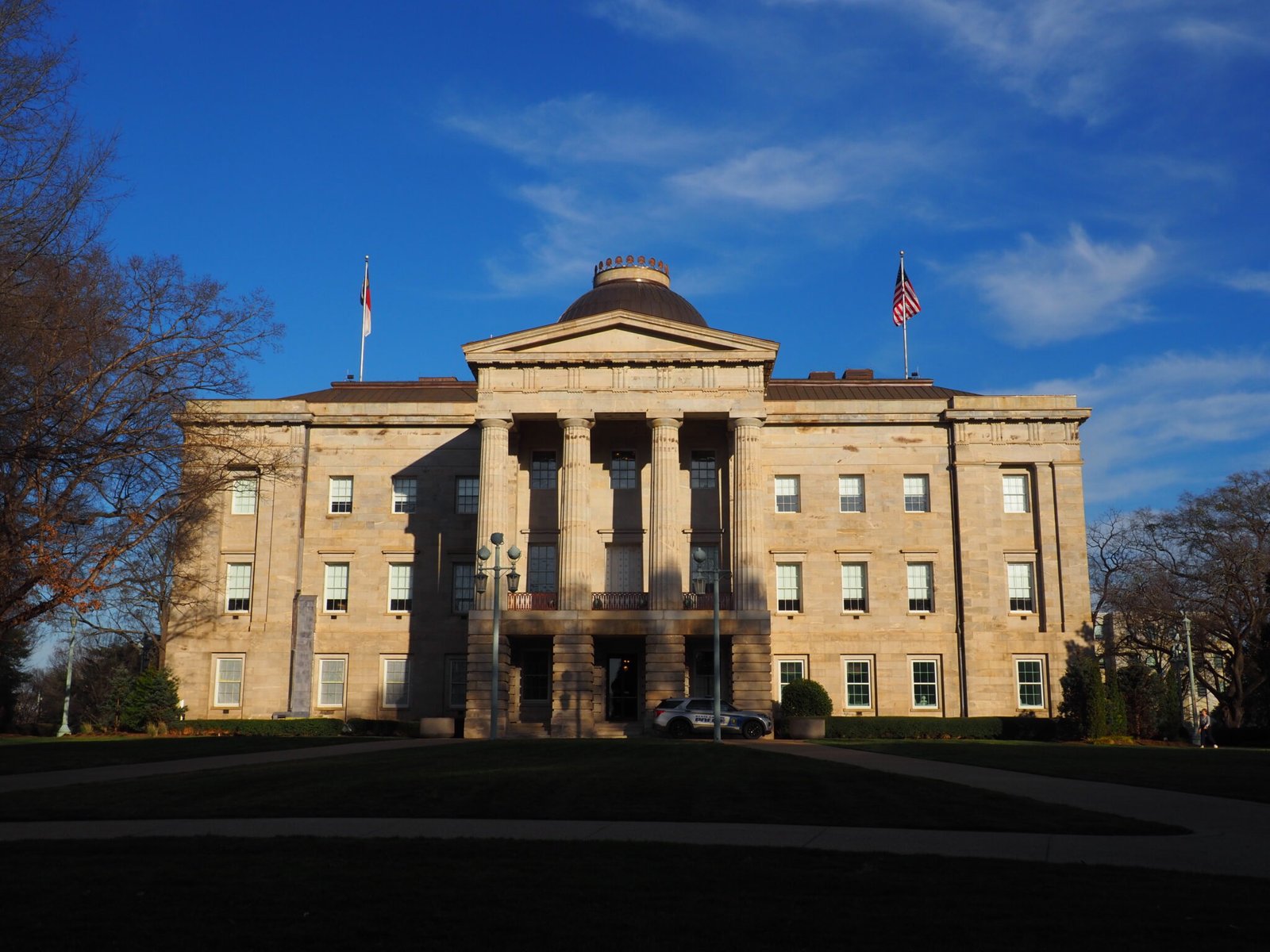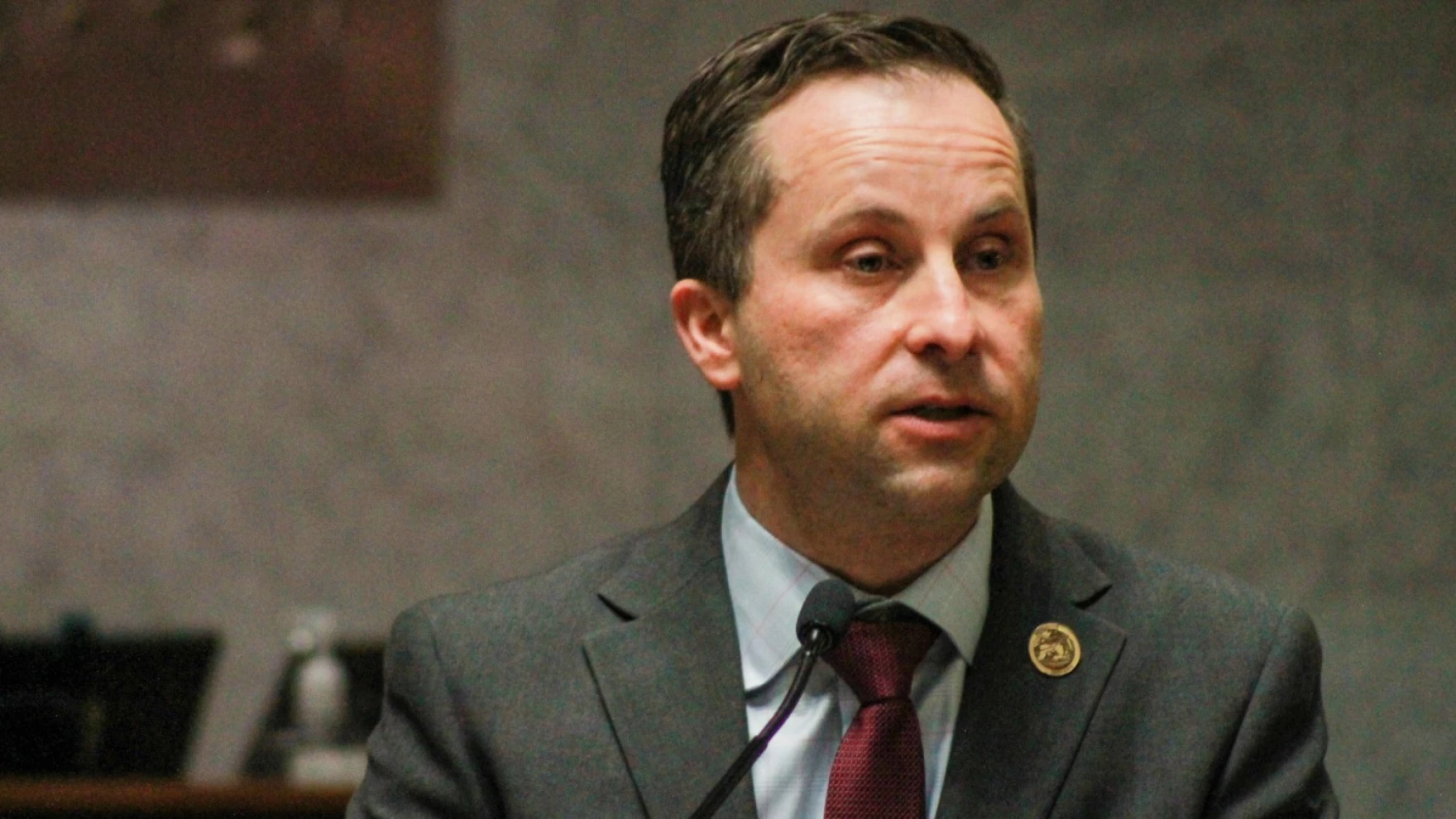Yale Climate Connections is a unique media initiative focused on bringing the realities of climate change to the public in clear, accessible ways. Founded in 2007, it began as the Yale Forum on Climate Change & The Media and later evolved into a comprehensive multimedia project. It is affiliated with the Yale School of the Environment and operates as a non-profit, non-partisan platform. Its mission is to communicate the science and solutions of climate change to a broad audience.
One of the core goals of Yale Climate Connections is to translate complex climate science into understandable language. This approach helps everyday people see how climate change is connected to their own lives. Whether it’s flooding in Texas, droughts in California, or rising sea levels along the East Coast, the platform highlights how these environmental changes affect health, housing, jobs, and even culture. The content is designed to help readers and listeners recognize that climate change is not just a future problem—it’s happening now and impacting communities across the country.
A standout feature of Yale Climate Connections is its daily 90-second radio segment. These short audio pieces are broadcast by over 600 radio stations across the United States, including both public and commercial outlets. Each segment presents a story, interview, or insight related to climate issues. These brief messages are carefully crafted to maintain scientific accuracy while remaining easy to follow, even for those with no background in environmental science. This widespread syndication allows the initiative to reach millions of listeners, making climate education part of daily life.
In addition to the radio segments, the Yale Climate Connections website hosts a wide range of articles, interviews, opinion pieces, and multimedia content. These resources cover topics like climate science, renewable energy, policy developments, community action, and personal stories from individuals on the frontlines of climate change. The site emphasizes storytelling that resonates on a human level. It regularly features the voices of farmers, teachers, local leaders, youth activists, and others who are taking action in their own ways to fight climate challenges.
The editorial team includes experienced journalists and climate experts. Bud Ward, the founding editor, played a key role in shaping the initiative’s direction. Over the years, professionals like Sara Peach have brought journalistic depth to the content, while contributors such as Bob Henson provide expert insight into meteorology and extreme weather patterns. These trusted voices help ensure that the platform remains rooted in scientific consensus while still being engaging and relevant.
The topics covered by Yale Climate Connections are diverse. Readers and listeners can learn about how solar energy is transforming rural areas, how city planners are rethinking infrastructure to handle flooding, or how climate change is affecting public health. There are also deep dives into federal and international climate policies, as well as ongoing coverage of major climate conferences and agreements. The initiative places a strong emphasis on solutions journalism, focusing not just on the problems but on innovative responses and actions being taken around the world.
Yale Climate Connections also serves as a valuable resource for educators, journalists, and community organizers. Teachers use its articles and audio clips in classrooms to spark discussions. Journalists reference its data and analysis for accurate reporting. Local leaders look to it for ideas on resilience and sustainability programs. This cross-sector impact has made the initiative a trusted hub for climate communication.
While the platform does not engage in political debates, it does encourage informed dialogue. Its content is strictly non-partisan and science-based, aiming to build consensus around facts rather than division around opinions. As climate change continues to shape public policy, economic planning, and personal decision-making, the role of media platforms like Yale Climate Connections becomes more vital than ever. Through storytelling, science, and community voices, it helps people see that climate change is not just a global issue—it’s a local one, too.







